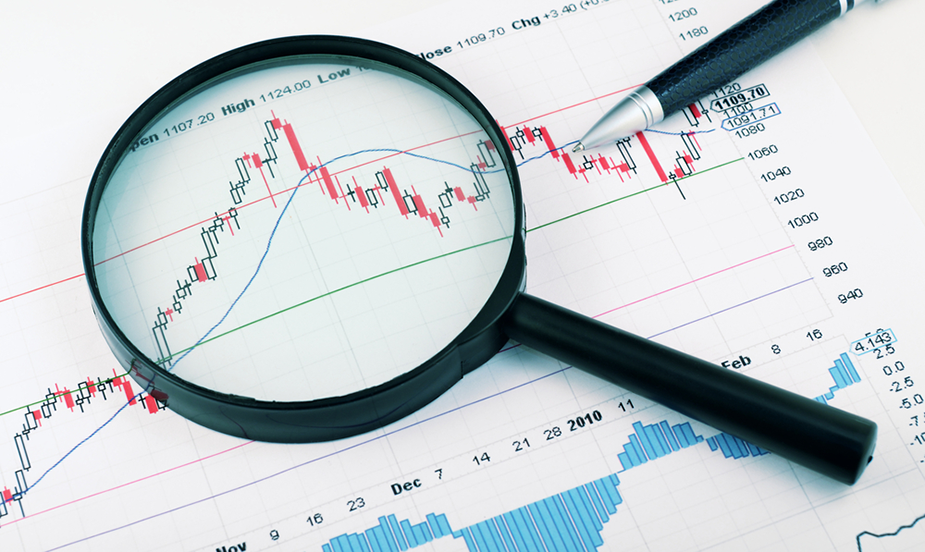Course Details:
To tackle the challenges of the present time, economists have devised various solutions. Unlike a mathematical problem,
economics does not possess a single 'correct' answer that is universally applicable. By acknowledging the diverse
perspectives of past thinkers, we are inspired to formulate our own unique approaches to address contemporary economic
issues, such as profound inequality, financial crises, and global warming. The success of these efforts would grant more
individuals the opportunity to lead fulfilling lives, while failure could result in considerable hardship. Failure to
access essential food and medication, for instance, could lead to tragic consequences. The responsibility for addressing
these issues extends beyond economists with advanced degrees; it encompasses all of us.
Studying economics equips individuals with a deeper understanding of their surroundings, facilitating comprehension of
fellow individuals, organizations, markets, and governments. This knowledge enables individuals to respond effectively
to the challenges and opportunities that arise when circumstances undergo change.
Economics focuses on the production of graduates morally upright and fully equipped with appropriate toolkit to serve the nation and global community at large.
Course Structure:
A Bachelor of Science (B.Sc.) in Economics can be earned after three or four years
of study at Anchor University.
The majority of staff members who are tutors in their field provide tutorials,
classes, and lectures. Many of them are top-tier experts with extensive training in
both teaching and research. Educated PhD students and early-career researchers with
practical research experience may also conduct some teaching.
-
First Year Courses
- Core Courses (70%):
- Principles of Economics I & II
- Introduction to Mathematics for Economics I & II
- Introduction to Accounting I & II
- Introduction to Statistics
The courses listed on this page are illustrative and may change.
Assessment
- Continuous Assessment.
- Projects
- Examination.
-
Second Year Courses
- Core Courses (70%):
- Principles of Microeconomics I & II
- Principles of Macroeconomics I & II
- Statistics I & II
- Mathematics for Economist I & II
- History of Nigerian Economy
- Financial Accounting I & II
- Structure of Nigerian Economy
- Business Finance
The courses listed on this page are illustrative and may change.
Assessment
- Continuous Assessment.
- Projects.
- Examination.
-
Third Year Courses
- Core Courses(70%):
- Intermediate Microeconomics I & II
- Intermediate Macroeconomics I & II
- Introductory Econometrics I & II
- History of Economic Thought I & II
- Project Analysis I
- Development Economics I & II
- International Economics I & II
- Public Sector Economics I & II
- Research Methodology
- Computing Applications for Economist
The courses listed on this page are illustrative and may change.
Assessment
- Continuous Assessment.
- Projects.
- Examination.
-
Fourth Year Courses
- Core Courses(70%):
- Microeconomics I & II
- Macroeconomics I & II
- Project Analysis II
- Taxation and Fiscal Policy
- Problems and Policy of Development
- Economics of Production
- Applied Statistics
- Original Essay/ Project Research
- Economic planning
- Comparative Economic System
- PROJECT AND DEFENCE
The courses listed on this page are illustrative and may change.
Assessment
- Continuous Assessment.
- Projects.
- Examination.












